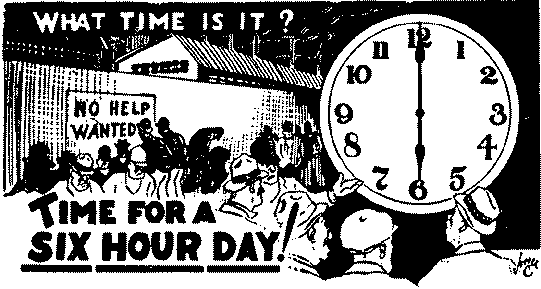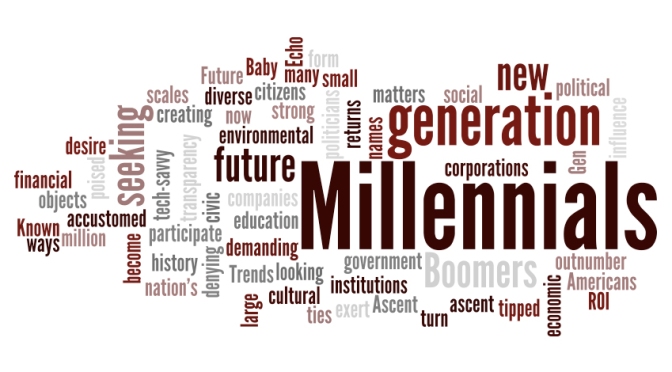We generally talk about the lack of talent in the market but do we, in HR, ever give enough emphasis on whether our line managers are equipped enough to attract the right people?
Let’s be honest; we often miss out on building capacities to enhance the skills of line managers on various aspects of recruitment.
My experience shows that in most organisations, HR ends up owning the entire recruitment process. As a direct impact of this, the hiring process ends up not being efficient. This may sound harsh but it is sadly true.
Over the years, I have come to the conclusion that this is mainly because of two reasons:
- either HR has not taken the initiative in building capacities or
- line managers have not shown interest in honing such skills
According to the HRD Director, ‘the majority of line managers said they would like to be more involved, to ensure the candidate has the right skills and experience, and fits with the team and company culture. So, employers would be wise to invest more in supporting them during the process.’

Whatever be the internal reasoning, the missing link is generally the lack of training of line managers.
Since, we have now found the missing link, doesn’t it become imperative on part of the HR professionals to fix it and analyse if we could get the better results?
Recently, I spoke to Sarah Taylor, an HR professional, on the subject. Sarah has extensively worked on building capacities especially in the recruitment area in her current organisation and that has freed up her time to dedicate for strategic activities.
Would you agree, it’s a wake-up call for HR Leaders to work on this missing link and take it up as a project initiative. I would like to suggest that the main aim of this project should be:
- to start training the line managers in order to make them proficient in HR tactical tasks
- identifying the core training areas in recruitment
- analyse if there are gaps and develop strategies that could address such gaps
As an HR professional myself, I strongly believe, that this would be the turning point for the entire HR fraternity to become more of capacity building advisers rather than mere ‘ administrative support staff.‘
Are we ready for this change?
I will of course, develop these thoughts further in an on-going series of Recruitment, but your suggestions and ideas are welcome and will play a vital role in making this series more interactive and ultimately, useful to the community.
























